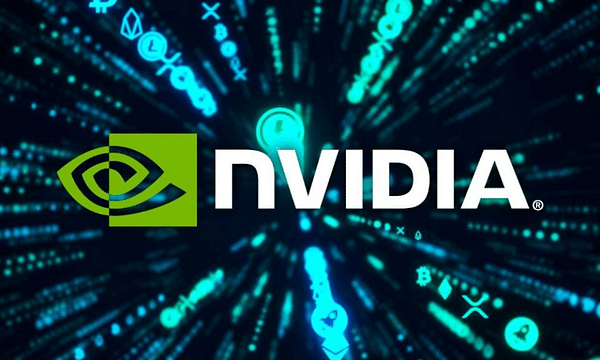Nvidia under pressure: Management stock sales exceed $1.8 billion
This year has brought significant stock sales by Nvidia Corp. executives, with managers and board members selling over $1.8 billion worth of stock. These sales come at a sensitive time as investors watch the delay of Blackwell chips and consider the future of artificial intelligence (AI) spending.

Since the start of 2024, Nvidia executives and board members have sold nearly 11 million shares, the highest number since 2020. While this volume represents a small fraction of the company's 24.5 billion total shares, it comes at a time of heightened market nervousness. Investors are particularly concerned about the delay of the new Blackwell chip line and uncertainty about the future of spending on AI technology.
The most prominent seller among insiders this year was CEO Jensen Huang, who sold roughly $713 million worth of shares between June and September. Those sales were part of his pre-planned 10b5-1 business plan, which was adopted in March. These plans set fixed dates for stock sales that are not affected by current news or price movements.
Even though Huang has sold hundreds of millions of shares, he still holds a stake in the company worth over $100 billion. Other big sellers were board members Mark Stevens and Tench Coxe, who together sold more than $900 million worth of stock.
While stock sales may create uncertainty among investors, experts warn against overreaction. According to Mike Bailey, director of research at Fulton Breakefield Broenniman, the current volume of sales "may be one reason to hesitate to buy stock, but it's certainly not the key factor."
Moreover, as Ken Mahoney, managing director at Mahoney Asset Management, points out, management selling stock doesn't necessarily mean that executives are predicting a slowdown in growth. "The CEO of Nvidia is not selling stock because he expects growth to slow, quite the opposite," he says.
Nvidia has struggled with fluctuations in its share price in recent months. In June, its market capitalisation briefly leapfrogged Microsoft and Apple, making it the world's most valuable company. However, it has seen two declines of more than 20% since then, with concerns over further growth in spending on AI technology a major factor. Still, the company's stock has recovered each time and is currently about 10% below its June peak.
Going forward, the key will be what results the launch of Blackwell chips brings to the market. If Nvidia meets expectations and sales of these chips bring in billions of dollars in revenue, as the company expects, it could give investors renewed confidence in the company and its long-term growth potential.
Disclaimer: There is a lot of inspiration to be found on Bulios, but stock selection and portfolio construction is up to you, so always do a thorough analysis of your own.
Source: Yahoo Finance, Reuters.